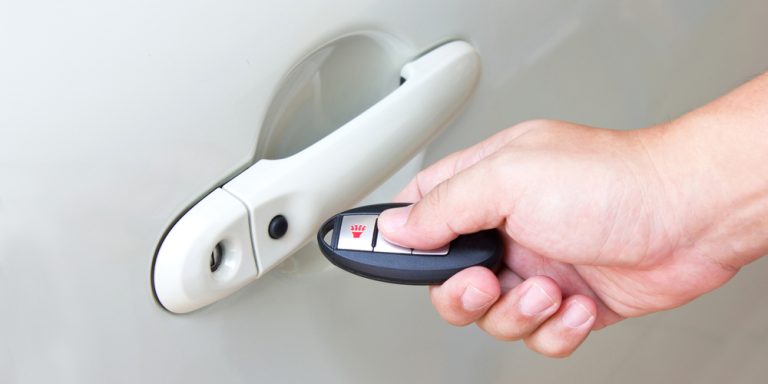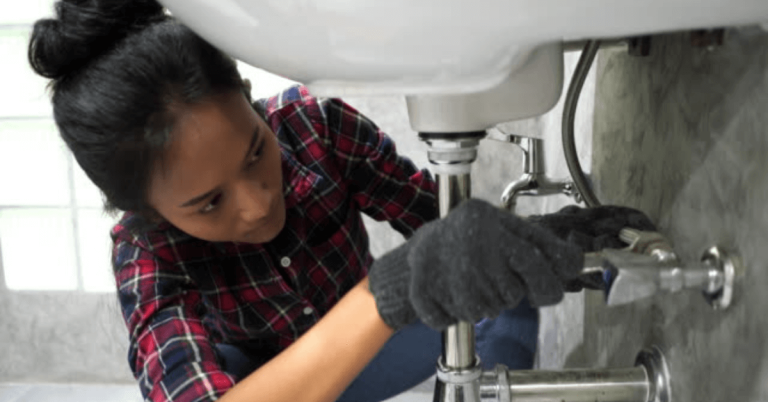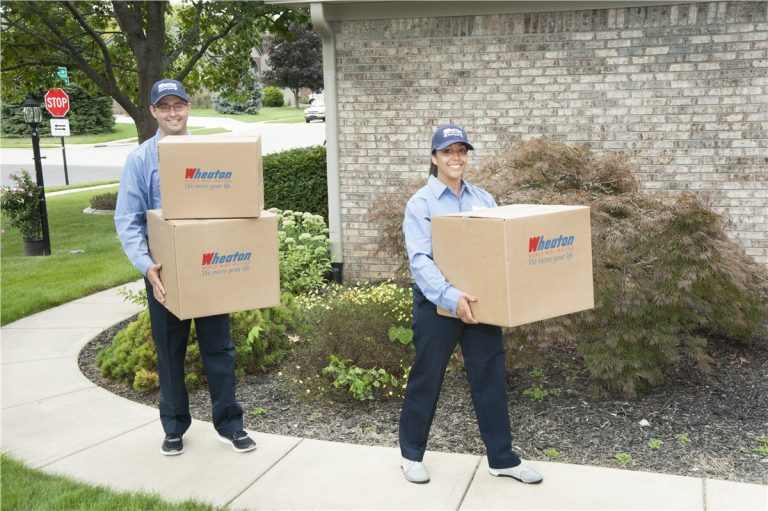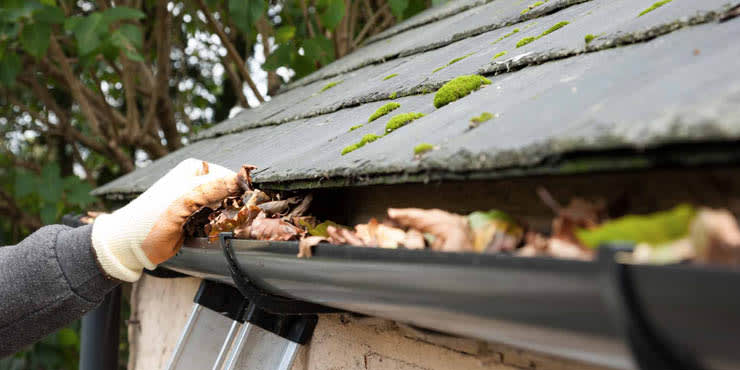Takeaways from this post:
– A significant increase in productivity
– Higher energy levels
– No more restless nights – learn how to fall asleep faster
I’m 25 years old. Energy and focus have never been a challenge. 5 hours of sleep each night was typical in high school and 6 hours each night in college.
When I turned 25 this past February I started to notice that I couldn’t hold my focus for a 12 hour workday anymore. An 8 hour workday started to get a little tough. I could still hammer out those hours, but they weren’t very productive.
I needed to take naps in the middle of the day in order to sustain my output. I’ve read many articles about the benefit of napping, but it just didn’t seem logical that I couldn’t get through a day without being dog assed tired.
I took a close look at my diet, personal productivity habits and sleep quality. Fixing all of those areas ended up having a great effect on the quality of my day, but the one that made the biggest impact for me was the changes I made to increase the quality of my sleep.
Why Getting By On 5-6 Hours Of Sleep Is Making You Dumb…And Overweight
There are a slew of functions in your body that are hampered from lack of sleep [7]. Since sleep helps facilitate memory formation, a lack of sleep inhibits your ability to remember things. Sleep deficiency also increases your chances of obesity. Those extra pounds you’re having trouble losing could be caused from sleep deprivation.
Jason, What Do You Know About Sleep? You’re Not A Scientist.
Nope, and I’m not a doctor either…which is why I pulled studies from WebMD, The 4-Hour Body, the Sleep Foundation, government funded studies and tested everything myself. My sources are at the bottom of this post and I give my personal results with each of these hacks.
Kirk Parsley, a former Navy SEAL, studies sleep for a living and does a a much better job explaining its importance than I can. Check out his Ted talk below.
How Much Sleep Do You Actually Need?
7-8 hours of sleep is what the average adult needs, based on countless sleep studies [7]. Don’t get too hung up on the exact number number.
Throw in an extra hour and use 7-9 hours of sleep as a guide and a starting point. As long as you’re in that range, you’ll be fine. Use the tracking tools below to measure the quality of your sleep at 7, 8 and 9 hours and let your body be the determining factor for how much sleep you actually need. Track your mood and energy levels right when you wake up and make that a determining factor as well.
How Will You Know If What You’re Trying Works?
Tracking is key to optimizing your sleep. This article contains 7 sleep hacks you can try tonight, but it’s up to you to find out what works best. In my findings, some things didn’t work as well as others…and a few didn’t work at all.
It’s not necessary to spend thousands of dollars on tools and equipment to track your sleep. I use the Sleep Cycle app to track my sleeping patterns and find it to be the most effective and easiest to use. I’ve never used any “high-end options” so I don’t have any recommendations for anything more than $129.99.
- Low-Range: Sleep Cycle ($.99, iOS), Sleep As ($4.49, Android)
- Mid-Range: Fitbit ($99.95), Jawbone UP ($79.99 – $129.99)
Try out one of the low-range options to begin with and you’ll be well on your way to
The suggestions below don’t involve any drugs, vitamins or chemicals. Just a few sleep hacks you can try that have really helped me optimize my sleep and increase my productivity significantly.
1. Reduce Artificial Light 1 Hour Before Bedtime
Artificial light from cellphones, tablets, computers and your TV have a dramatic effect on your sleep pattern. The pineal gland in your body secretes a hormone called melatonin, which helps your body control its sleep and wake cycles. The light created from electronic devices suppresses the release of melatonin, which is why it’s important to avoid these devices within an hour of bedtime [8].
If you just can’t disconnect yourself from the rest of the world at the end of the night, there’s a possible workaround with an app called f.lux. F.lux manages the brightness of your device’s screen and adjusts to the time of day, making it ok to use devices at night.
BONUS: Your skin has photoreceptors that sense light. So even if you wear an eye mask, the light gives signals to your brain to wake up your organs and the rest of your body [3]. I suggest picking up blackout curtains if you’re having issues keeping light out of your room at night. I picked up this set at Amazon for $38.33 and am happy with my purchase.
PERSONAL RESULTS: Avoiding electronics around bedtime has been difficult but I noticed significant results when I tried this technique. The blackout curtains have worked great.
2. Have More Sex
Sorry guys, but masturbating doesn’t count. During sex, prolactin, oxytocin and vasopressin are released into the body, which are hormones associated with sleep [9]. Those same hormones aren’t secreted at the same levels when you give yourself an orgasm.
So if you have a partner, this should be an easy fix. If you don’t, easier said than done I guess…and I can’t really help you out…except for direct you to a few sites/apps: Tinder, and…hmm…uhh…ok guys I don’t have solutions for everything!
PERSONAL RESULTS: This has helped a ton.
3. Try Ear Plugs And An Eye Mask
Very few ear plug and eye mask studies have been conducted outside of hospital patients, where the environment isn’t ideal for quality sleep to begin with. But what the studies did conclude was that wearing ear plugs and a sleep mask helps to fall asleep faster and also increases levels of melatonin [10].
Here’s a cheap combination package of the two on Amazon for $12.95. It’s a great way to test this technique.
PERSONAL RESULTS: Ear plugs helped, but the eye mask didn’t. Eye masks are also very uncomfortable to wear and I felt super dorky wearing one. My girlfriend also made fun of me, which lead to less of #2.
4. Avoid Alcohol Within 4 Hours Of Bedtime
I’m sure you noticed that you don’t sleep well when you get messed up with your friends on a Friday night. You probably also took a few days to recover from the hangover.
Binge drinking can affect the secretion of melatonin in your body for up to a week [11]. This means that when you get really drunk, your body has a hard time recovering from the hangover because it has a hard time getting quality sleep, which helps the body to recover.
Try to limit your alcohol consumption 4 hours prior to bedtime.
PERSONAL RESULTS: I don’t typically drink to get drunk very often, but I did notice that when I’ve gotten drunk, it had a negative affect on the quality of my sleep for several nights afterwards.
5. Control The Temperature In Your Bedroom
70 degrees fahrenheit is the optimal temperature for falling asleep quickly [1]. In The 4-Hour Body, the best results were between 67-70 degrees fahrenheit.
Use blankets to help you regulate your body’s internal temperature. Experiment with using the comforter versus just using a thin sheet. This is helpful if your significant other isn’t quite as fond of the temperature being that low.
PERSONAL RESULTS: This was the easiest of the sleep hacks for me to implement and has had the most profound effect on my quality of sleep over anything else I’ve tried. 67 degrees fahrenheit works best for me.
6. Avoid Drinking Caffeine In The Afternoon
Caffeine have a half-life of up to 4-6 hours [4]. This means it’s still in your system 8-12 hours after you drink it. Limit your consumption of caffeine after 12pm if you plan on falling asleep between 10pm and midnight. Caffeine also inhibits the ability of adenosine to work with the brain to promote sleep and inhibit arousal [5].
PERSONAL RESULTS: This helped me convert into a tea drinker. I will still drink coffee every now and then, but I don’t need the caffeine from coffee if I just get enough sleep. I never really had to test this one.
7. Exercise, But Avoid It 4 Hours Prior To Bedtime
Morning exercise can help you fall asleep faster at night [3]. But when you workout late at night before going to bed, it really screws with hormone secretion. Your body releases a lot of hormones during an intense workout, many of which are the opposite of the ones that help you fall asleep.
Try to get your workout in 4 hours prior to bedtime [3]. You’ll give your body a chance to drop its core temperature that way, which will help you fall asleep quicker. I did a terrible job of describing the scientific reasoning behind this so make sure to check out the podcast with Shawn Stevenson, a sleep expert.
PERSONAL RESULTS: I’ve never been one to workout late, but I tried it to see if it affected my sleep patterns. The quality of my sleep was much worse when I worked out after 8pm.
Pick 1 Technique To Try Tonight For Increased Productivity Tomorrow
What if you could increase your personal productivity, therefore increasing your worth and income, by just getting 1-2 hours more of sleep per night? Or by just increasing the quality of your sleep?
These sleep hacks can help you achieve that. Just give a few of them a shot for a week.
I’d love to hear about your results. Is there a technique you use that I missed? Comment below and tell me about it.






